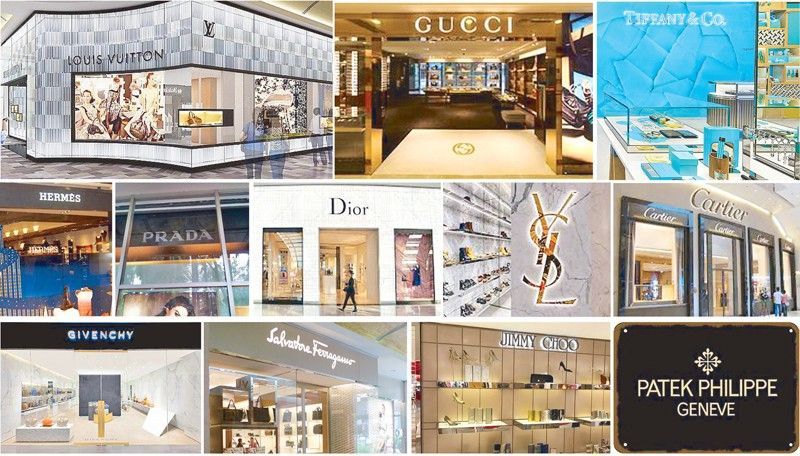A bill intending to raise P15 billion additional revenues by raising taxes on luxury goods—that is backed by President Marcos—would not be sufficient to address inequality, reported UP Professor Renato Reside Jr.
The tax raise on luxury goods plus more fiscal measures may generate incremental tax revenues but in reality the government still needs additional structural revenue reforms to finance spending necessary to reduce scarring from the pandemic, Reside a professor of the UP School of Economics, said the report of Business World.
House Committee on Ways and Means Chairman Jose Maria Clemente S. Salceda, the proponent, said raising taxes on luxury goods could generate about P15 billion in additional revenues for the government.
Emy Ruth D. Gianan, an economics professor at the Polytechnic University of the Philippines, said a higher tax rate on high-end items would only affect big spenders.
The luxury tax, which is likened to a value-added tax, can broaden the government’s tax base, she said.
“If our goal is to just increase government revenues, this would already help,” she said.
Salceda last month said his proposal was in response to calls from international organizations for the imposition of a wealth tax in the Philippines.
“But a wealth tax is necessary if the government is working towards a more transformative and equitable society,” Gianan said, adding that another concern is the capacity to implement “such a radical tax.”
Oxfam International and its Philippine affiliate have said the inequality experienced in the Philippines is “starker” with the nine richest Filipinos having more wealth than the bottom half or 55 million of the population.
A group of progressive lawmakers have been calling for a wealth tax since 2021 as the country faced severe economic challenges due to the strict lockdowns. The proposal was among the major topics in the presidential campaign last year, with left-leaning candidates backing it.
Economist John Paolo R. Rivera of the Asian Institute of Management, said the bill’s proponents should ensure that middle-class Filipinos, who are already heavily taxed, would not be disadvantaged.
“Not all luxury items are made equal so it might be sound to look at the scope further on who is actually buying these items,” he said.
According to the bill, nonessential goods are jewelry, whether real or imitation, perfume and eau de toilette, yachts, and wristwatches, bags, wallets, and belts costing more than P50,000.
The bill also covers residential property worth more than P100,000 per square meter, alcoholic and non-alcoholic beverages worth more than P20,000 per liter, paintings over P1 million, antiques valued at P100,000 and above, and brand-new or secondhand automobiles worth at least P1 million.
Aside from higher taxes on luxury goods, the Marcos administration should also push for a corporate income tax on non-resident foreign technology giants, said Raymond A. Abrea, a tax reform advocate and founder of tax hub Asian Consulting Group.
The House of Representatives last November approved on third reading House Bill No. 4122, which seeks to impose a 12% value-added tax (VAT) on non-resident digital service providers such as Spotify and Netflix.
Arjan P. Aguirre, who teaches politics at the Ateneo de Manila University, said proponents of the bill increasing the tax rate on luxury goods should show there is a steady pattern of consumption of luxury items through the years.
“They should clearly show, too, this pattern will continue and will produce the intended outcome of additional P15 billion in government revenues,” he said.
